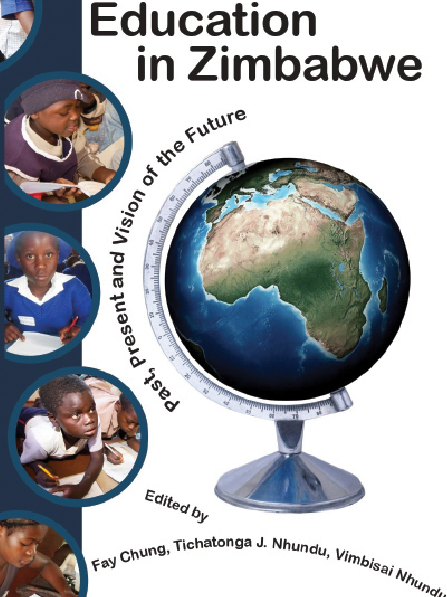
The glitz and glamour of Zimbabwe’s showbiz scene is fast losing its shine as more artists fall victim to drug and substance abuse — a trend now threatening to wipe out a generation of creative talent.
Zimdancehall singer Blot, real name Takura Chiwoniso, was recently admitted to Matrix Rehabilitation Centre in Harare after reportedly battling drug addiction.
His case follows that of fellow Zimdancehall artist Ras Pombi, who was jailed for drug possession.
Two years ago, Dendera musician Tryson Chimbetu was admitted into the Sally Mugabe Central Hospital’s rehabilitation centre after battling drug abuse for close to two years.
A few months ago, hip-hop star Holy Ten also checked himself into rehabilitation, citing alcohol and mental health struggles — the latest in a growing list of artists whose careers have been derailed by substance abuse.
According to an Afrobarometer (2024) survey, 79% of Zimbabweans say drug abuse is now widespread in their communities, while 56% describe it as “very widespread.”
Harare and Bulawayo lead in reported cases, with health facilities overwhelmed by patients seeking treatment.
At Sally Mugabe Central Hospital, the number of people admitted for substance-related disorders has ballooned from 804 in 2021 to 1 776 in 2023, according to Ministry of Health data.
- Uplifting ghetto youths is our priority: Gyver
- Winky D continues with regional dominance
- Mr P Banks on latest offering
- No chill at Chillspot Records… jail sentence, GBV, sex tape major hits
Keep Reading
Commonly abused substances include crystal methamphetamine (mutoriro), marijuana (mbanje), codeine-based cough syrups, and even industrial chemicals.
Experts say the entertainment industry has become a hotspot for the crisis, as struggling artists battle economic hardship, fame pressure and performance anxiety.
A Standard Style investigation established that some artists have normalised using drugs and alcohol to “get into character” before performing.
Several performers privately admitted they “need to be high to face the stage,” while others said alcohol helps them “connect” with the crowd.
“It’s sad because the culture of intoxication has become a badge of courage,” said a Harare-based music promoter.
“Some of these kids think you can’t be creative unless you’re drunk or high.”
The same probe revealed that certain influential figures in the country are allegedly using popular musicians as drug couriers, exploiting their fame and foreign travel opportunities to smuggle narcotics into the country.
Some of the implicated artists are driving luxury vehicles and living in leafy suburbs that far exceed their showbiz incomes — raising eyebrows over their sudden wealth at a time when the music business has slumped.
While rehabilitation centres like Matrix have become the go-to facilities for addicted artists, human-rights groups warn that some unregistered centres were detaining patients unlawfully, using corporal punishment, and charging as much as US$800 per month.
“These centres operate without proper medical oversight,” said a mental health advocate who spoke on condition of anonymity.
“We’re seeing physical abuse, forced confinement and little real therapy — it’s become a money-making venture.”
Government figures show that between January 2024 and March 2025, police arrested over 5 400 drug users and 677 suspected suppliers nationwide.
President Emmerson Mnangagwa has publicly declared war on drug peddlers, saying the scourge is “destroying the youth.”
However, critics argue that enforcement has focused more on arrests than on rehabilitation and prevention.
Zimdancehall star Seh Calaz, known for his hit Zvidhakwa, recently made an emotional plea on social media for government intervention.
“Drugs have become a pandemic,” he wrote. “Producers, fans, civil servants — everyone is affected. It’s killing creativity.”
Industry observers say the combination of fame, poverty, and lack of psychosocial support has created a perfect storm.
“Artists are under pressure to impress, to stay relevant, to escape poverty,” said cultural critic Benjamin Nyandoro. “When fame fades, some turn to drugs for comfort. It’s a silent epidemic.”
“There’s a gap in policy. We need regulated rehab centres, early-warning systems in schools and mentorship within the arts community. Substance abuse is not just a law-and-order issue — it’s a public-health emergency.”
As Zimbabwe’s creative sector continues to churn out new stars, the warning signs are clear — fame and drugs have become dangerously intertwined.
Unless decisive steps are taken — from better artist welfare to professional mental-health support — the stage lights may dim not from lack of talent, but from lives lost to addiction.











